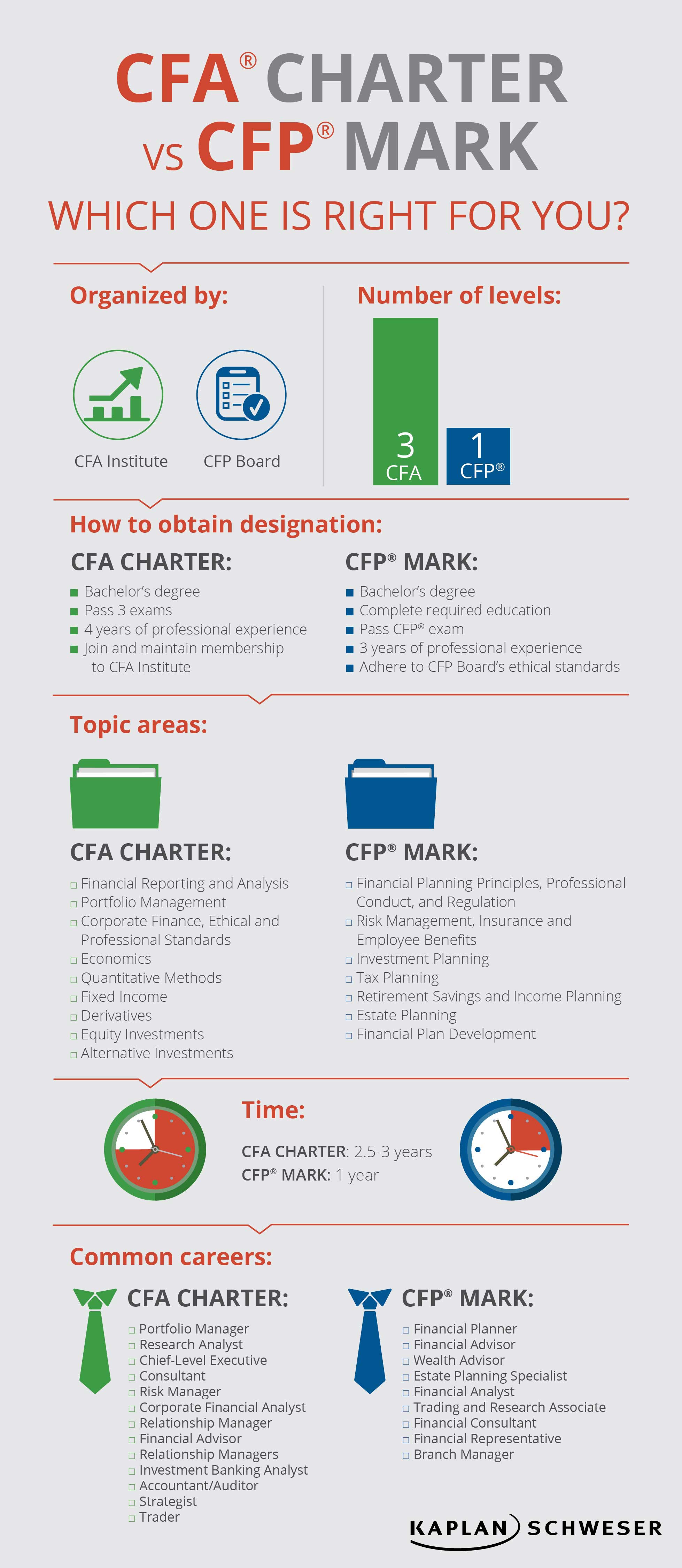The CFA (Chartered Financial Analyst) is a worldwide recognized distinction and benchmark for measuring the expertise, experience, and ethics of investors. In order to be an effective CFA charterholder, one must possess certain skills that will help them stand out from the crowd. The distinctive skills that will help you cater to the volatile market are:
1. Analytical & Creative Decision-Making
Having solid financial skills is the basic requirement for a CFA charterholder but what sets the experts apart is their ability to provide unique solutions for uncommon scenarios. Being able to find a creative solution to a challenging problem by combining relevant information together and identifying important elements that aren’t obvious to frame a thoughtful decision, are factors that help CFA charterholders stand out. While it is good to instill non-linear thinking in a highly analytical culture, ensure that the business environment and organizational SWOT aren’t neglected.
Creative decision making can produce better results if there are limited or no ready-made alternatives. Some approaches that can be used to be creative are finding alternatives that meet each sub-objective and identifying alternatives through the use of opposites: how could you make things worse or how could you facilitate a positive change?
2. The Value of a Global Perspective
The need to foresee the future of a given organization’s stocks highlights that the CFA charterholder must be aware of how nations, economies, enterprises, and individuals respond to situations. In order to do so, they must constantly keep track of current and historical events that could affect the business directly and indirectly.
One’s market knowledge can be expanded by reading books about investment, global geopolitics, mergers and acquisitions and even by taking up additional courses such as the CFA financial modeling course. Breaking down how specific markets or governments respond to situations will ensure that crucial aspects aren’t neglected and will help build up an understanding of how certain events trigger other events, and how these triggers vary from nation to nation and industry to industry.
Building up a solid worldwide point of view through the investigation and comprehension of events enables the charterholder to precisely anticipate outcomes in light of proof, one of the reasons why charterholders are highly sought after.
3. Responsibility and Accountability are important
CFA® charterholders form decisions based on thorough research, patterns, and other market factors which makes them extremely valuable and accountable to the firm. It’s important to understand that even best experts aren’t right 100% of the time, therefore one must be willing to own and learn from their mistakes. They are remunerated well for their work, due to how their decisions can have a huge impact on the success or failure of an investment.
Furthermore, achieving the CFA charter means that they are accountable in terms of ethics and integrity to CFA Institute and all the stakeholders that are affected by their decisions. This very reason is why the CFA® course has a topic specifically dedicated to ethics. CFA charterholders are hired to provide a clear and thorough analysis due their experience and expertise. Therefore, Charterholders must be able to identify and overcome their biases.





